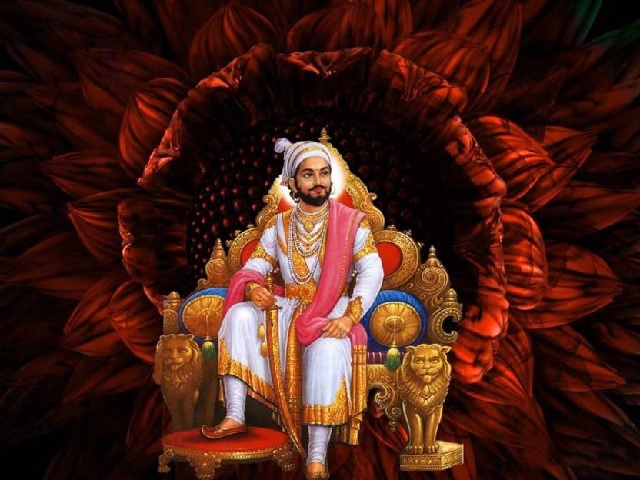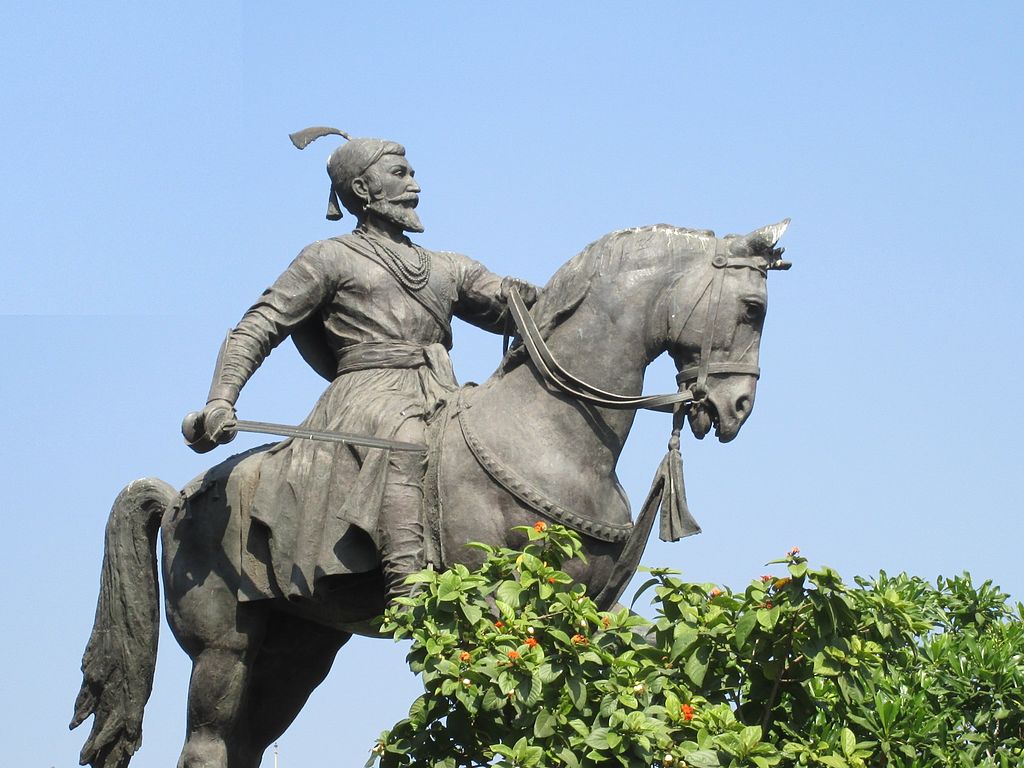Chhatrapati Shivaji known as Shivaji Bhonsle was a magnificent warrior of India. The history of India has a pivotal place for its exceptional leadership and wisdom. The supreme leader of the Maratha confederacy in western India. Shivaji was born on February 19, 1630, at Shivneri, Pune district, India. His father Shahji Bhonsle served as Maratha General to the Deccan Sultanates namely Ahmadnagar, Berar, Bijapur, Bidar, and Golconda Sultanate of Mughal Dynasty, who ruled the Deccan plateau in between the Krishna River and the Vindhya range. Shivaji, whose genealogical land is located in the Deccan, in the Sovereign state of the Bijapur Sultans. At the age of 16, Shivaji found that the Muslim empire tyranted the Hindus and had strong discrimination over Brahmans, Prabhus, and Marathas. It was so intolerable. He persuaded himself that he has the exquisitely selected instrument of the reason for Hindu opportunity, a conviction that was to support him all through his life.


Shivaji, particularly attached to his mother Jijabai insisted on a strong feeling of good and bad in him. Since Shahaji provided an enormous part of his strength outside of Pune, the obligation of directing Shivaji’s schooling lay on the shoulders of a certain council of ministers.
Kanhoji Jedhe and Baji Pasalkar were selected to prepare Shivaji in military and combative techniques. In 1640 Shivaji married Saibai Nimbalkar. Gathering a band of adherents, he started around 1655 to seize the more fragile Bijapur stations. All the while, he obliterated a couple of his persuasive coreligionists, who had organized themselves with the Sultans.
Check out our Infrastructure related Articles, here you’ll find the economy thrives when the workforce is deployed in any kind of project. a good infrastructure boosts the economy of the country also this will include the development of roads, power supply, building dams, etc.
Similarly, his valorousness in battle and military competence joined with his rigidity toward the oppressors of the Hindus, won him much adoration. His ravaging grew increasingly fearless and a few minor expeditions shipped off to punish him resulted in vain. In 1659 sultan of Bijapur transmitted an army of 20,000 under Afzal Khan to defeat him, Shivaji pretended to be unaware and utilized his strategy and overthrew the army of Bijapur and then killed Afzal Khan. Meanwhile, special troops attacked the Bijapur army and seized their horses, guns, and ammunition Overnight, Shivaji had become a colossal warlord. His rapid growth spread rapidly.
Mughal Emperor Aurangzeb commanded the viceroy of the South to attack Shivaji. But he dealt with it by performing a daring midnight raid within the viceroy camp. The viceroy lost his fingers on one hand and his son was killed and he withdrew his army. As revenge Aurangzeb sent out his most eminent general, Mirza Raja Jai Singh, at the head of an army said to number some 100,000 men.
This huge force combined with the drive and firmness of Jai Singh, enforced Shivaji to sue for peace and to undertake that he and his son would attend Aurangzeb’s court at Agra to be legally agreed as Mughal vassals. Shivaji and his son were kept under house arrest, where they lived under the menace of the death penalty.


He escaped from the prison in Agra and his adherents invited him back as their chief, and in no less than two years he had won back all the lost region, however, had extended his space. He gathered accolades from Mughal districts and pillaged their rich urban areas Chhatrapati Shivaji was crowned as Maratha king on June 6, 1674. He enacted many reforms for the beneficiary of his people one among them the Ryotwari system in which the revenue is collected directly from producers, manufacturers, farmers, and states without any middlemen and He initiated the empowerment of naval force as a result of Portuguese and English traders’ involvement in India.
Check out our aviation-related Articles such as air Crash investigation, Case studies, Research articles to understand the complexity and the beauty of the aviation field.
Shivaji the supreme Indian king at his time exploited naval force for trade and defense. Chhatrapati Shivaji valued every religion and never destroyed any religious place of worship. He departed his life with illness in April 1680 in his capital Rajgarh. His constant war against a powerful Mughal emperor Aurangzeb. Most importantly, in a spot and age stained by strict hostility, one of few rulers who experienced real religious tolerance. His son Sambhaji succeeded him and the Maratha glory declined remarkably.
